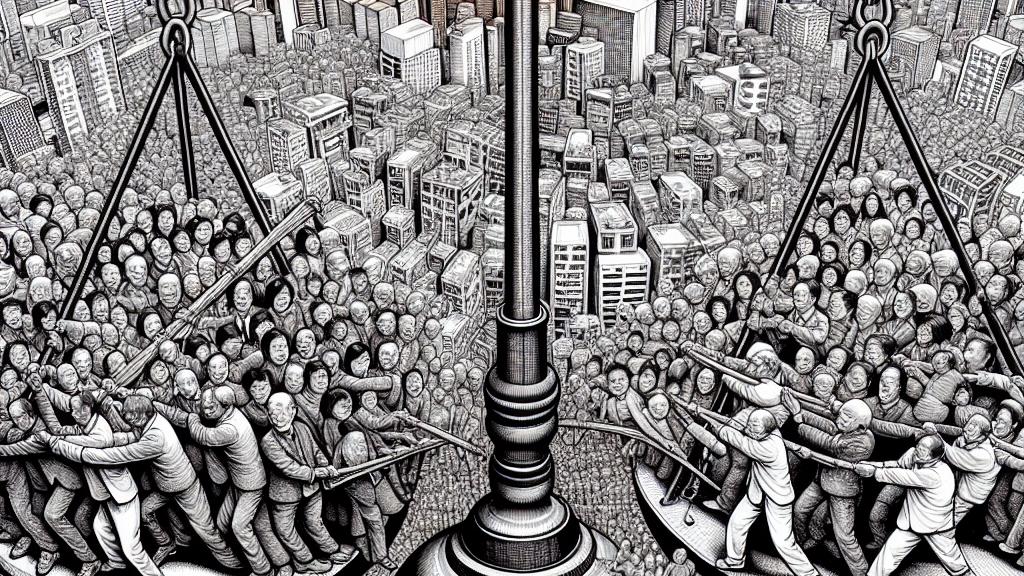Understanding the Legal Challenges to LGBTQ Rights in Hong Kong
Overview
- Hong Kong's government is under fire for its contentious legal battles against LGBTQ rights.
- Justice Minister Paul Lam stresses the significance of public interest alongside the probability of legal success.
- Increasing demands for accountability highlight systemic issues affecting LGBTQ equality.

The Context of LGBTQ Rights in Hong Kong
In the vibrant and tumultuous context of Hong Kong, the fight for LGBTQ rights is a critical social battleground. Recently, Justice Minister Paul Lam stood staunchly in defense of his department’s legal strategies, even as observers raised eyebrows over their apparent lack of success. A particularly telling moment occurred following a landmark court ruling that sought to affirm the rights of same-sex couples, portraying a society caught in a clash between traditional values and modern human rights. The reactions from the LGBTQ community have been mixed—hopeful yet anxious—that the outcome of these legal challenges will shape their future. This clash illustrates a broader issue: societal norms often trail behind legal advancements.
Government Accountability and Public Interest
As the debate intensifies, a crucial question emerges: should government officials be held accountable for pursuing legal cases that seem almost certain to fail? Lam contends that each litigation decision involves much more than estimating success rates; it requires a deep understanding of public interest. He argues that potential impacts on society, including social stability and economic ramifications, must also be considered. However, this raises a pressing concern—do such considerations jeopardize the rights of minority groups? This conversation reverberates not only within Hong Kong but also resonates with activists worldwide, underscoring the profound need to defend and uphold the fundamental rights that are often overlooked in the name of the greater good.
Wider Implications for LGBTQ Rights
The struggles seen in Hong Kong are far from isolated; they mirror a global phenomenon where LGBTQ rights are continually tested. For instance, consider the recent monumental decisions in the United States affirming the rights of LGBTQ individuals, which serve as both rays of hope and potent reminders of the work still needed. Across the globe, activists are confronting life-threatening situations, simply for living their truths—this stark reality forces us to recognize our collective responsibility. Whether it be through peaceful protests, judicial challenges, or public campaigns, the fight for these rights compels us to push against the boundaries of societal acceptance. Ultimately, the call for LGBTQ equality is not just a local issue; it's part of a worldwide movement advocating for justice, dignity, and the universal right to be oneself.

Loading...